
Nuristan: The Hidden Gem of Afghanistan
Nestled in the northeast of Afghanistan, Nuristan Province is a breathtaking region marked by its rugged mountains, lush forests, and crystal-clear rivers. Often referred to as the 'Land of Light,' this remote area is a haven for nature lovers and adventure seekers. The landscape is dotted with traditional wooden houses that stand as a testament to the province's rich cultural heritage. Nuristan is home to the Nuristani people, known for their unique customs, language, and traditions. Their way of life has remained largely unchanged for centuries, offering visitors a rare glimpse into a world that modernity has not yet touched. The province's isolation has helped preserve its pristine beauty and authentic cultural experiences. For those willing to venture off the beaten path, Nuristan offers a variety of outdoor activities. Hiking and trekking are popular, with trails leading through dense forests and up to towering peaks. Wildlife enthusiasts can spot a variety of animals, including the elusive snow leopard and the majestic Marco Polo sheep. The rivers and streams are perfect for fishing, and the clear skies make for excellent stargazing at night.
Local tips in Nuristan Province
- Respect local customs and traditions; the Nuristani people have a unique culture that values privacy and hospitality.
- Travel with a local guide; the terrain can be challenging, and local knowledge is invaluable.
- Pack appropriate gear for hiking and trekking; the weather can be unpredictable, and the trails are rugged.
- Learn some basic phrases in the local language; it goes a long way in building rapport with the local community.
- Check security advisories before planning your trip; the political situation in Afghanistan can be unstable.
Nuristan: The Hidden Gem of Afghanistan
Nestled in the northeast of Afghanistan, Nuristan Province is a breathtaking region marked by its rugged mountains, lush forests, and crystal-clear rivers. Often referred to as the 'Land of Light,' this remote area is a haven for nature lovers and adventure seekers. The landscape is dotted with traditional wooden houses that stand as a testament to the province's rich cultural heritage. Nuristan is home to the Nuristani people, known for their unique customs, language, and traditions. Their way of life has remained largely unchanged for centuries, offering visitors a rare glimpse into a world that modernity has not yet touched. The province's isolation has helped preserve its pristine beauty and authentic cultural experiences. For those willing to venture off the beaten path, Nuristan offers a variety of outdoor activities. Hiking and trekking are popular, with trails leading through dense forests and up to towering peaks. Wildlife enthusiasts can spot a variety of animals, including the elusive snow leopard and the majestic Marco Polo sheep. The rivers and streams are perfect for fishing, and the clear skies make for excellent stargazing at night.
When is the best time to go to Nuristan Province?
Iconic landmarks you can’t miss
Nuristan National Park
Explore Afghanistan's hidden gem: Nuristan National Park, where rugged mountains meet lush forests and unique cultural traditions await adventurous travelers.
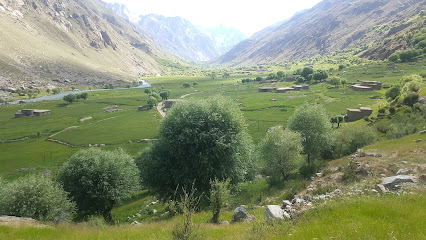
Nuristan national park
Discover Nuristan National Park: A hidden gem in Afghanistan offering dramatic landscapes, unique culture, and unparalleled adventure in the heart of the Hindu Kush.
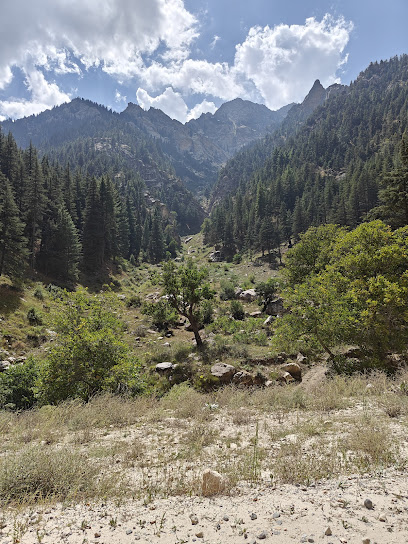
Shomash Hill
Discover panoramic views and serene landscapes at Shomash Hill in Nuristan, Afghanistan, a hidden gem for nature lovers and adventure seekers.
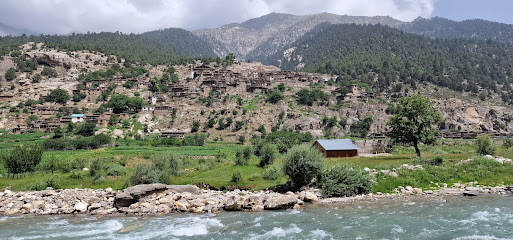
Nuristan
Discover Nuristan: Afghanistan's hidden gem, where ancient traditions meet breathtaking landscapes in the heart of the Hindu Kush.
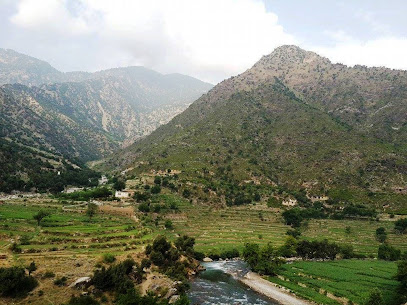
محل شهادت امير حبيب الله خان
Discover the historical site of Amir Habibullah Khan's assassination in Nangaresh, offering a glimpse into Afghanistan's early 20th-century history.

Unmissable attractions to see
Babur Garden
Explore Bagh-e Babur, Kabul's historic Mughal garden: a serene oasis, final resting place of Emperor Babur, and a symbol of Afghan heritage.
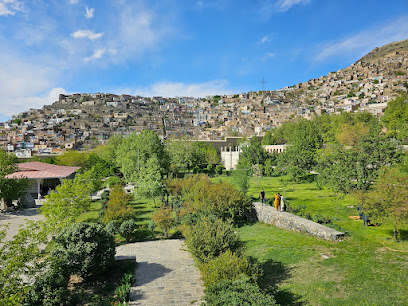
Nuristan National Park
Discover Afghanistan's hidden gem: Nuristan National Park, where rugged mountains, lush forests, and unique culture await adventurous travelers.
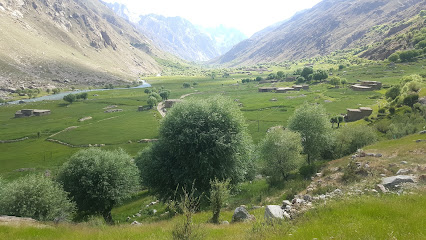
Panjshir Province ولایت پنجشیر
Discover Panjshir Province: A valley of stunning beauty, rich history, and resilient spirit in the heart of Afghanistan's majestic landscape.
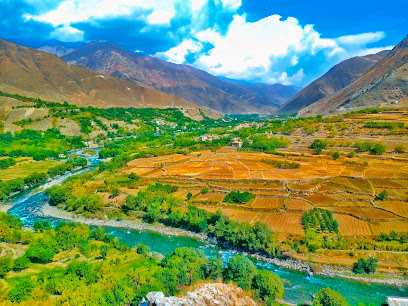
Nuristan national park
Discover Nuristan National Park: A hidden gem in Afghanistan with stunning landscapes, unique culture, and thrilling adventures in the heart of the Hindu Kush.
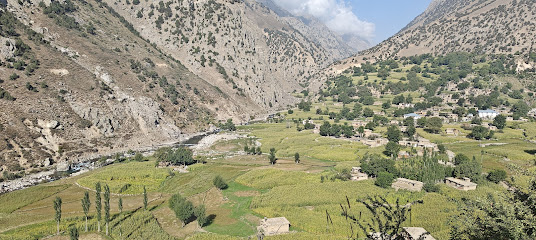
Shomash Hill
Discover breathtaking views and serene landscapes at Shomash Hill in Nuristan, Afghanistan, a hidden gem for nature lovers and adventure seekers [4].
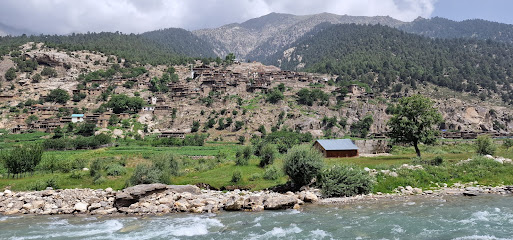
محل شهادت امير حبيب الله خان
Discover the historical site of Amir Habibullah Khan's assassination in Nangaresh, offering a glimpse into Afghanistan's complex past.

Markets, malls and hidden boutiques
Kabul City Center
Discover diverse shopping and local flavors at Kabul City Center, where modern retail meets the heart of Afghan culture.
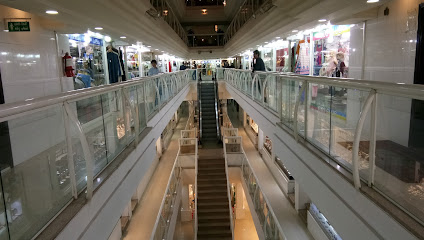
Naaz Boutique Afghani dresses store
Experience the vibrant culture of Afghanistan through exquisite Afghani dresses at Naaz Boutique, a must-visit destination in Kabul.
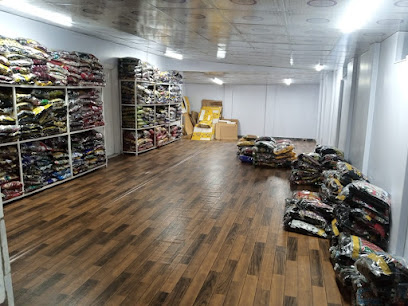
Gifts to Kabul
Explore the vibrant culture of Afghanistan through unique gifts and handicrafts at Gifts to Kabul, a treasure trove for discerning travelers.
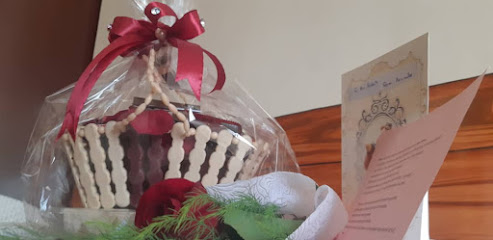
Aseel | Buy Good, Do Good
Explore Aseel in Kabul for an unforgettable shopping experience, showcasing the finest Afghan craftsmanship and supporting local artisans.
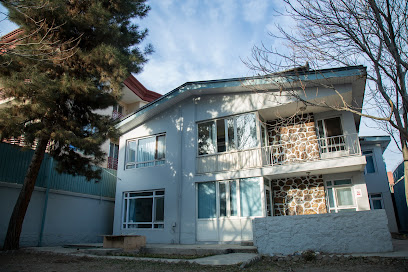
Amir Hassan
Explore Amir Hassan in Asdabad: A supermarket offering local flavors, fresh produce, and a taste of Afghan culture for every traveler.
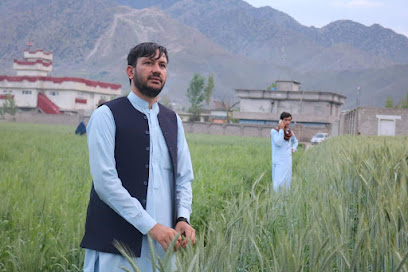
معلم عزیز محمد راډیو سازي
Explore the vibrant معلم عزیز محمد راډیو سازي in Asadabad for a unique shopping experience in electronics, blending local culture with modern technology.
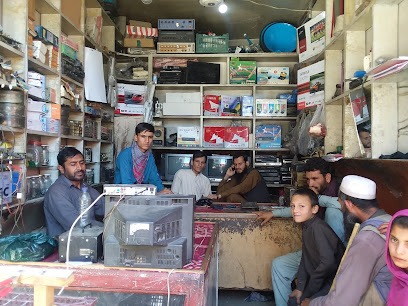
Farhad Tailors
Discover bespoke tailoring and traditional Afghan garments at Farhad Tailors in Asadabad, where craftsmanship meets cultural heritage.

خير محمد خوراکه پلورنځى
Experience the authentic flavors of Afghanistan at Khair Mohammad Khorakha Restaurant in Asadabad, where culinary tradition meets warm hospitality.
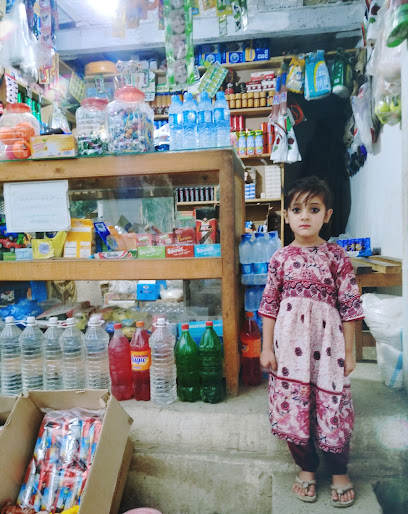
مارکيت زنانه ، شهرداری پارون
Discover the rich culture and craftsmanship at Parun's Women's Market, a vibrant hub of local artisans and traditional Afghan flavors.

Nuristan fashion
Explore the vibrant world of Afghan fashion at Nuristan Fashion, where traditional craftsmanship meets modern style in the heart of Kabul.
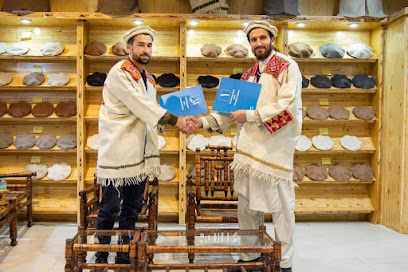
الیاس ارمان پلورنځی
Explore الیاس ارمان پلورنځی in Naray, Afghanistan, for authentic local crafts and a unique shopping experience that embodies Afghan culture.
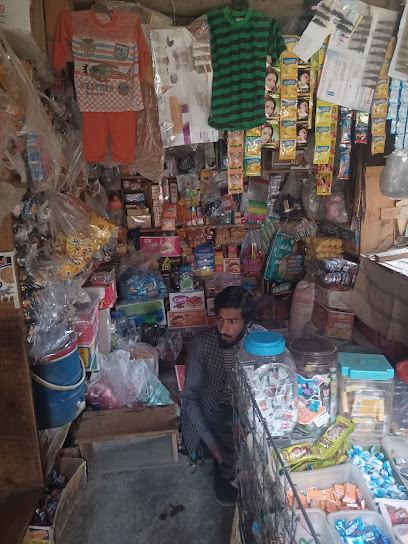
Fawad pardis foods shop
Explore authentic Afghan flavors at Fawad Pardis Foods Shop, your go-to general store in Asadabad for local delights and culinary treasures.
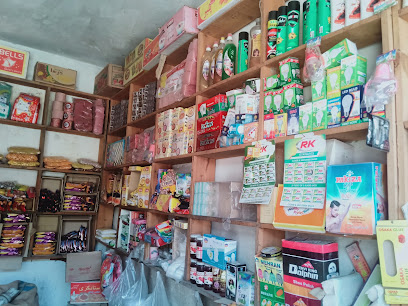
مناس ګل فروشی او انتیک فروشي
Explore the unique Manas Flower and Antique Shop in Naray, Afghanistan, where local craftsmanship meets vibrant floral beauty.
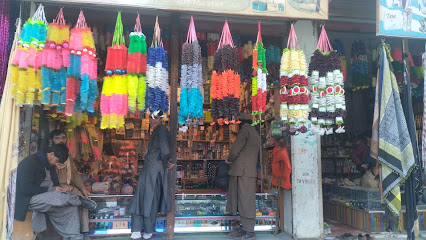
Haji Shir M Miskenyaar Jewellery Center
Explore the exquisite craftsmanship and unique designs at Haji Shir M Miskenyaar Jewellery Center, a jewel in Urgun's vibrant market.

Insaf Store انصاف پلورنځی
Explore Insaf Store in Asadabad for unique local crafts, textiles and an authentic taste of Afghan culture.

Essential bars & hidden hideouts
Rokhan Sport House and Tikwando Club
Discover the energetic atmosphere at Rokhan Sport House and Tikwando Club, a vibrant sports bar in Jalalabad celebrating local culture and sports.
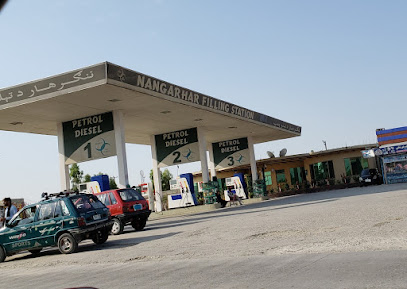
Habib Gulazar Company
Experience the vibrant nightlife of Jalalabad at Habib Gulazar Company, a local bar offering refreshing drinks and authentic Afghan flavors.
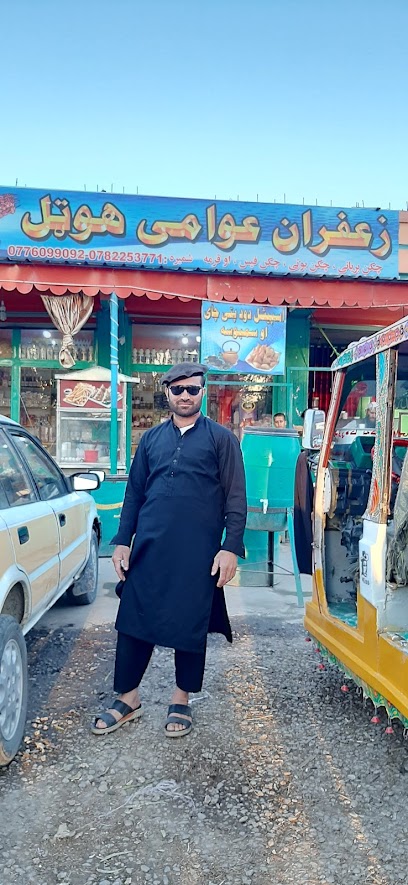
پارون ښاروالۍ ملمستون
Experience the flavors of Afghanistan at Parun City Municipality Restaurant - the perfect spot for authentic local cuisine in a welcoming environment.
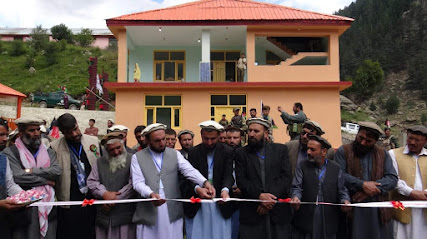
Spogmai Restaurant سپوږمۍ هوټل او مېلمستون
Discover the authentic flavors of Afghanistan at Spogmai Restaurant, where every meal is a celebration of culture and hospitality.
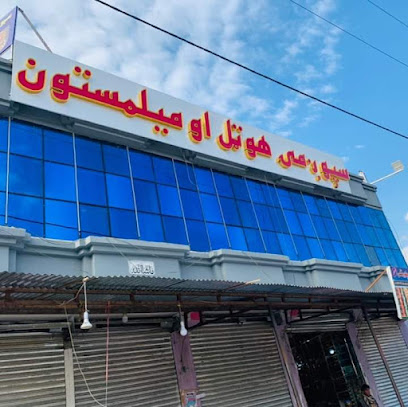
Kachary Khor
Explore Kachary Khor in Alingar: The perfect bar to experience local Afghan culture and unwind with friends.

مومند ژاله فروشی
Experience the authentic flavors of Afghanistan at مومند ژاله فروشی, where every dish tells a story of tradition and taste.
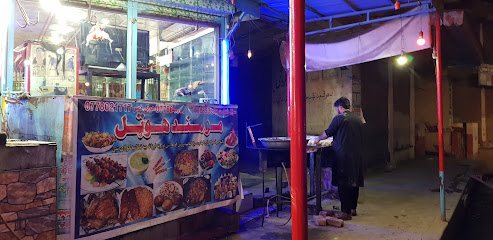
Zamarot Resort
Experience a delightful fusion of Western flavors in the heart of Afghanistan at Zamarot Resort.

هوجره مهمان خانه ملک حبیب الله
Discover the charm of Afghan hospitality at هوجره مهمان خانه ملک حبیب الله, a unique bar experience in Qal'a-i-Najil.
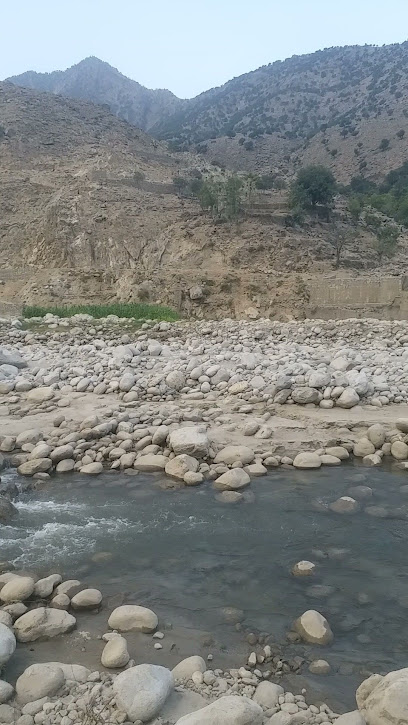
بانده عبدالغفور اخندزاده Abdulghafoor akhondzada village
Explore the enchanting Abdulghafoor Akhondzada Village, where Afghan culture meets stunning natural beauty in Banda-i-Bemaran.
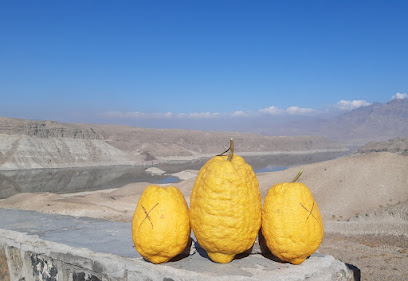
Rokhan minah دریمه کوڅه
Experience the spirit of Afghanistan at Rokhan Minah, Jalalabad's premier sports bar combining local cuisine and vibrant sports culture.

Maydan Rahin
Discover the vibrant sports culture at Maydan Rahin in Alisheng, a perfect blend of local flavor and sporting excitement.

Hameed
Experience the vibrant atmosphere and local flavors at Hameed, a lively bar in Jalalabad, Afghanistan, where culture and camaraderie meet.
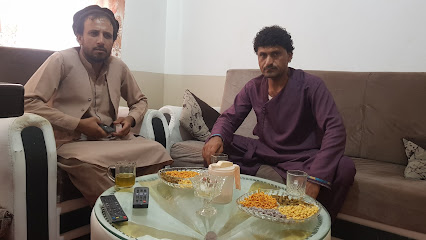
Nuristan
Explore the enchanting ravines of Nuristan, Afghanistan, where nature's beauty meets rich cultural heritage in a breathtaking landscape.
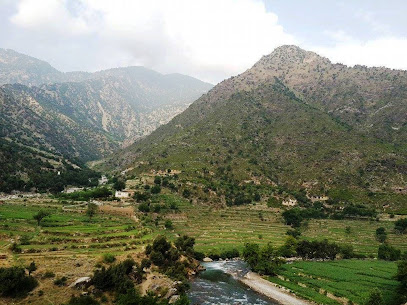
Want wigal
Discover the vibrant local culture at Want Wigal Pub in Marogal Khwar, a perfect spot for drinks, food, and live music.

جماميش بزنس سنټر
Discover the authentic taste of Afghanistan at جماميش بزنس سنټر in Parun, where tradition meets flavor in a cozy setting.
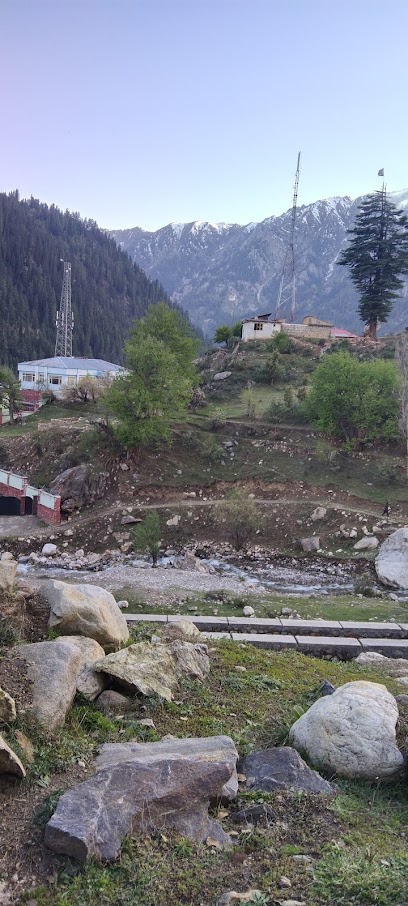
Local Phrases about Nuristan Province
-
- Helloسلام
[salaam] - Goodbyeخداحافظ
[khodahafez] - Yesهو
[ho] - Noنه
[na] - Please/You're welcomeمهرباني
[mehrbani] - Thank youممنون
[mamnoon] - Excuse me/Sorryمعذرت خواهي
[ma'zerat khahi] - How are you?چطوري؟
[chetori?] - Fine. And you?خوبم. تو چطوري؟
[khobam. to chetori?] - Do you speak English?ايا انگليسي حرف ميزني؟
[aya englisi harf mizani?] - I don't understandنميفهمم
[nemifahmam]
- Helloسلام
-
- I'd like to see the menu, pleaseلطفاً منو را ببينيد
[lotfan menu ra bebinid] - I don't eat meatمن گوشت نميخورم
[man gosht nemikhoram] - Cheers!صحت
[sehat] - I would like to pay, pleaseلطفاً پرداخت کنيد
[lotfan pardakht konid]
- I'd like to see the menu, pleaseلطفاً منو را ببينيد
-
- Help!کمک!
[komak!] - Go away!برو!
[boro!] - Call the Police!پليس را صدا کنيد!
[polis ra seda konid!] - Call a doctor!يک دکتر صدا کنيد!
[yek doktor seda konid!] - I'm lostگم شده ام
[gom shode am] - I'm illمريض هستم
[mariz hastam]
- Help!کمک!
-
- I'd like to buy...ميخواهم بخرم
[mikhaham bekharam] - I'm just lookingفقط نگاه ميکنم
[faqat negah mikonam] - How much is it?چند است؟
[chand ast?] - That's too expensiveخيلي گران است
[kheili geran ast] - Can you lower the price?ميتواني قيمت را پايين بياوري؟
[mitavani gheymat ra pain biavari?]
- I'd like to buy...ميخواهم بخرم
-
- What time is it?چند است؟
[chand ast?] - It's one o'clockيک است
[yek ast] - Half past (10)نيمه ده
[nimah dah] - Morningصبح
[sobh] - Afternoonعصر
[asr] - Eveningشب
[shab] - Yesterdayدیروز
[dierooz] - Todayامروز
[emrooz] - Tomorrowفردا
[farda] - 1يک
[yek] - 2دو
[do] - 3سه
[seh] - 4چهار
[char] - 5پنج
[panj] - 6شش
[shesh] - 7هفت
[haft] - 8هشت
[hasht] - 9نه
[noh] - 10ده
[dah]
- What time is it?چند است؟
-
- Where's a/the...?کجاست؟
[kojast?] - What's the address?آدرس چيست؟
[address chist?] - Can you show me (on the map)?ميتواني به من نشان دهيد؟
[mitavani be man neshan dehid?] - When's the next (bus)?بعدي کي ميآيد؟
[badie key miayad?] - A ticket (to ....)يک بليط (به ...)
[yek bileet (be ...)]
- Where's a/the...?کجاست؟
History of Nuristan Province
-
Nuristan, historically known as Kafiristan, was named after its inhabitants, the Kafirs, who practiced an ancient form of polytheism. This region remained largely isolated from the spread of Islam for centuries, preserving its unique cultural and religious practices until the late 19th century.
-
In 1895-1896, Emir Abdur Rahman Khan of Afghanistan launched a military campaign to conquer Kafiristan. The region was forcibly converted to Islam, and its name was changed to Nuristan, meaning 'Land of Light,' to reflect its new Islamic faith.
-
Nuristan is home to several unique languages, part of the Indo-Iranian language family. These languages, including Kamkata-viri, Askunu, and Waigali, offer a glimpse into the region's intricate cultural tapestry and its historical connections to ancient Indo-Aryan civilizations.
-
During the Soviet-Afghan War in the 1980s, Nuristan became a significant battleground. The rugged terrain provided a strategic advantage to the Mujahideen fighters, who used the mountains and forests as cover against Soviet forces. The conflict had a profound impact on the local population and infrastructure.
-
After the fall of the Taliban regime in 2001, Nuristan saw increased international attention and development efforts. However, the province has remained a hotspot for insurgent activity, making security a persistent challenge. The presence of international and Afghan military forces has led to ongoing skirmishes and instability in the region.
-
In recent years, there have been efforts to revive and preserve the unique cultural heritage of Nuristan. Local and international organizations are working to document traditional songs, dances, crafts, and folklore to ensure that the rich cultural legacy of this region is not lost to future generations.
Nuristan Province Essentials
-
Nuristan Province is located in the eastern part of Afghanistan, bordered by Pakistan on the east. The nearest major city is Kabul, which has an international airport, Hamid Karzai International Airport (KBL). From Kabul, you can arrange for a private car or a 4x4 vehicle to take you to Nuristan, a journey that can take between 8 to 12 hours depending on road conditions. Keep in mind that travel within this region can be challenging and it is advisable to hire a local guide who knows the terrain and can navigate security checkpoints.
-
Transportation options within Nuristan are limited. The terrain is mountainous and many areas are accessible only by foot or with specialized vehicles. Locals often use donkeys or horses for transportation in remote areas. For tourists, the best way to get around is by hiring a local guide with a 4x4 vehicle. Public transportation such as buses or taxis is virtually non-existent in this region.
-
The official currency in Afghanistan is the Afghan Afghani (AFN). Credit card facilities are extremely limited in Nuristan, so it is essential to carry sufficient cash. ATMs are scarce and may not be reliable. It is recommended to withdraw enough cash in Kabul or another major city before heading to Nuristan.
-
Nuristan Province is known for its rugged terrain and remote location, but it also has security challenges. Some areas may be under the influence of militant groups. Always check current travel advisories and consult with local authorities or your embassy before traveling. Avoid traveling at night and stay within well-known and secure areas. It is crucial to have a local guide who is familiar with the area and its security situation.
-
In case of emergency, contact the local police or military outpost. Mobile phone coverage can be unreliable, so consider carrying a satellite phone. It is also highly recommended to have travel insurance that covers medical emergencies. For medical issues, the nearest facilities may be in Kabul, so be prepared for the possibility of a long journey to receive adequate medical care. Always have a first aid kit with you and be familiar with basic first aid procedures.
-
Fashion: Do dress modestly. Men should wear long trousers and women should cover their heads and wear loose-fitting clothing. Avoid wearing shorts and sleeveless tops. Religion: Do respect local customs and religious practices. This includes not taking photographs of religious ceremonies without permission. Public Transport: Public transport is very limited, so plan accordingly. If you use any local transport, be respectful and courteous. Greetings: Do use formal greetings, such as 'As-salamu alaykum'. A handshake is appropriate for men. Avoid physical contact with women you do not know. Eating & Drinking: Do try the local cuisine but always accept food and drink offerings graciously. Don’t eat or drink in public during Ramadan.
-
To experience Nuristan Province like a local, take the time to visit some of the remote villages and engage with the Nuristani people. They are known for their unique culture and hospitality. Participate in local festivals and ceremonies if you have the opportunity. Don't miss the chance to explore the natural beauty of the region, including its rivers, forests, and mountains. Hiring a local guide who can show you hidden gems and provide context to the region's history will greatly enhance your experience.
Nearby Cities to Nuristan Province
-
Things To Do in Swat
-
Things To Do in Peshawar
-
Things To Do in Kabul
-
Things To Do in Kaghan
-
Things To Do in Abbottabad
-
Things To Do in Naran
-
Things To Do in Islamabad
-
Things To Do in Rawalpindi
-
Things To Do in Murree
-
Things To Do in Gilgit
-
Things To Do in Mazar-i-Sharif
-
Things To Do in Vahdat
-
Things To Do in Dushanbe
-
Things To Do in Skardu
-
Things To Do in Tursunzoda







